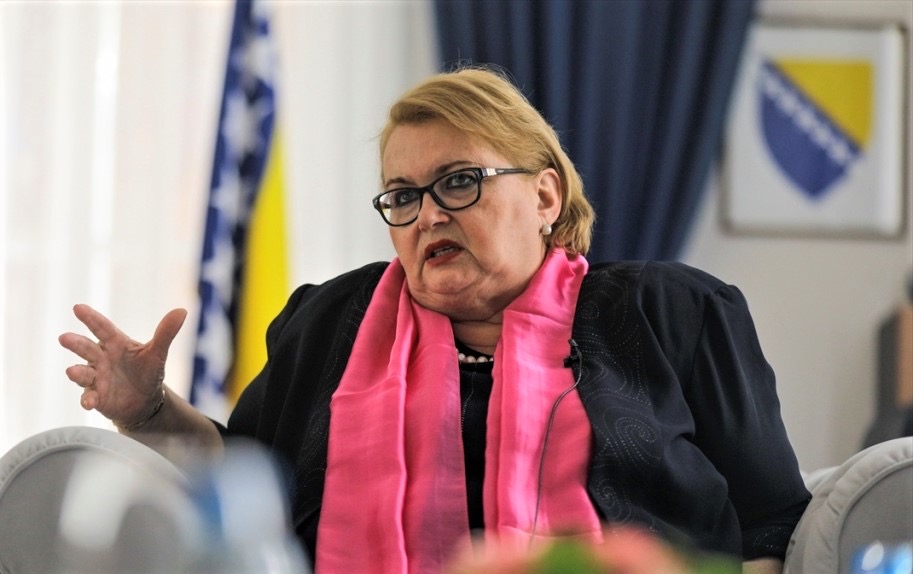 Milorad Dodik, a member of the Presidency of Bosnia and Herzegovina (BiH) gave an interview to the British daily newspaper Guardian in which he noted to Washington, Berlin,and Brussels that there are countries that will help him and leaders that he can “turn to” if the European Union (EU) and the United States (U.S.) impose sanctions on him.
Milorad Dodik, a member of the Presidency of Bosnia and Herzegovina (BiH) gave an interview to the British daily newspaper Guardian in which he noted to Washington, Berlin,and Brussels that there are countries that will help him and leaders that he can “turn to” if the European Union (EU) and the United States (U.S.) impose sanctions on him.
According to journalist Daniel Boffey, who spoke with Dodik in Banja Luka, “this Serb leader, who is accused in BiH of pushing the country into war with his separatist and destructive goals, does not accept threats from the West that he will be sanctioned and says that he was not elected to be a coward. ” He also mentioned that Dodik, who has existed on the political scene for 30 years, was once a favorite of the West, and that he is now strongly focused on Russia and China.
“Dodik insists that sanctions and the abolition of EU funding only ‘push’ him to turn to other countries. He says the introduction of sanctions would force him to accept Chinese and Russian investment offers,” it was explained in the text.
The role of foreigners related to Dodik’s dissatisfaction
Boffey stated that Dodik has often been widely condemned in the past for intending to transfer some state powers to the entity, including the military. He pointed out that such a proposal is described in the United Nations (UN) Report as a “secession” and a risk for the Dayton Peace Agreement, which ended the war in 1995.
This journalist also explained to British readers what the Dayton Agreement brought, how BiH works, as well as the presence of the High Representative (HR), in order to bring them closer to what bothers Dodik and why he has now blocked state institutions. He emphasized that Valentin Inzko’s Bonn powers related to the ban on genocide denial caused Dodik’s behavior, as well as the fact that the leader of the Serbs in BiH is actually generally dissatisfied with the presence of foreigners.
In his text, Boffey also reminded that the U.S. imposed sanctions on Dodik in 2017 after he defied the Constitutional Court of BiH and held a referendum on marking the Day of the Republika Srpska (RS). He then stressed that Dodik recently told U.S. Assistant Secretary of State Gabriel Escobar that he “does not care” that he is still threatened with sanctions.
Plans to return competencies
In the following days, more precisely on December 10th, a session of the National Assembly of the RS will be held on the transfer of state competencies to the entity.
Dodik told this British media that it would not look any worse than what Belgium looks like today, and he presented three different proposals on how this can be achieved.
“The first proposal is to reduce the capacity of the national army by half. If you do not want that, then we will have no choice but to adopt a plan to form the army of RS or to declare RS a demilitarized republic. So, there are three options,” Dodik said.
In the end, he once again dismissed accusations against him that he wanted a conflict in BiH. He said that the EU must stop threatening him if it wants to bring the parties in BiH closer, and added that he was “not a bad guy”, but “very realistic”.
E.Dz.
















